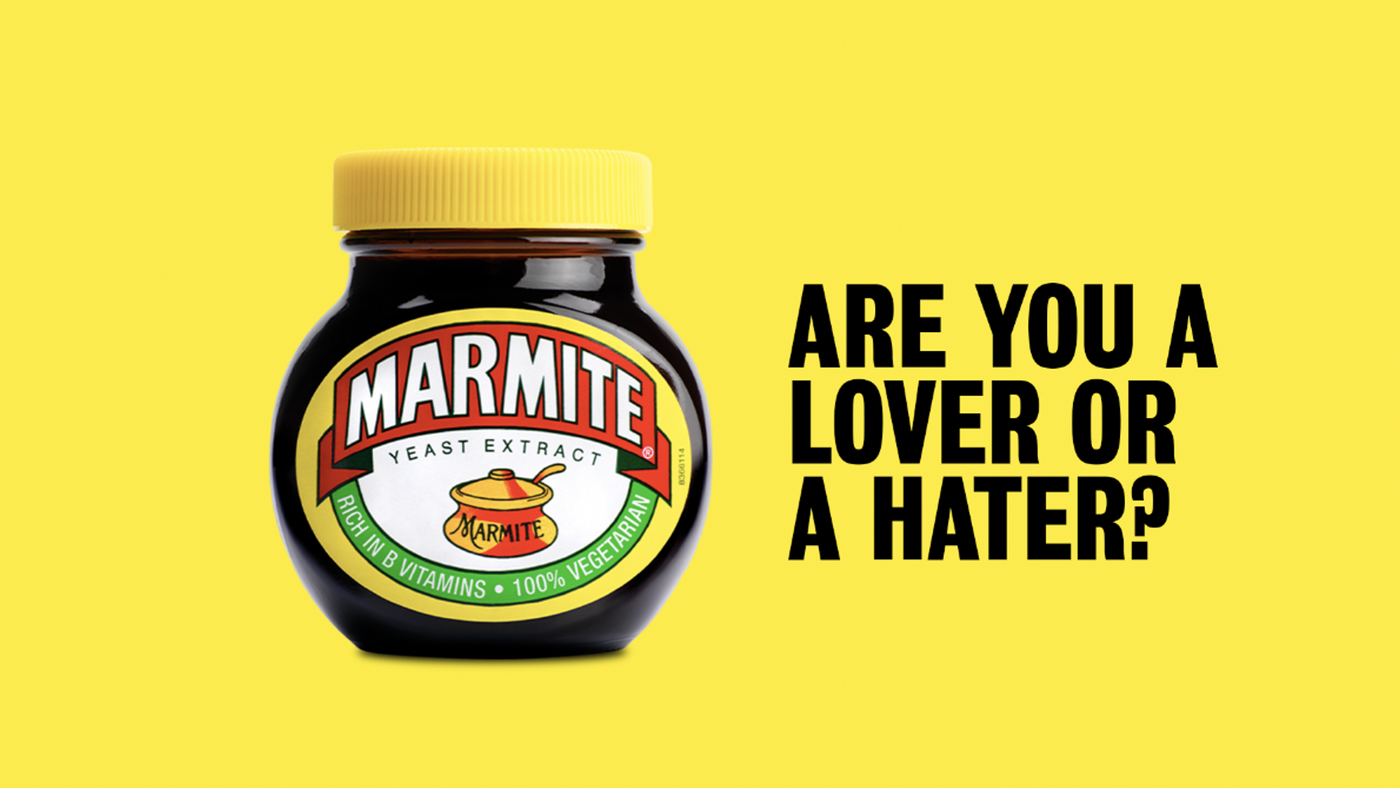Some swear by its savoury richness, while others recoil at the mere thought of its pungent aroma. It's a polarising concoction that has sparked countless debates and divided opinions for generations. So, what exactly is the mystery behind Marmite, and why does it evoke such extreme responses? Let's delve into the enigma of Marmite and explore the best ways to embrace its unique flavour.
The Love-Hate Relationship
First things first, what is Marmite? For the uninitiated, Marmite is a dark, sticky paste made from yeast extract, a byproduct of beer brewing. It boasts a distinctive umami flavour that's hard to replicate, lending itself to a variety of culinary applications. However, it's the intensity of this flavour that often polarises opinions.
The love for Marmite can be attributed to its complex taste profile. Rich, salty, and packed with umami goodness, it adds depth and character to dishes like no other. Spread (very!) thinly on toast or incorporated into stews and sauces, Marmite imparts a depth of flavour that elevates any dish to new heights.
On the other hand, the haters find Marmite's strong, salty taste overpowering and downright offensive. Its potent aroma can be off-putting to those unaccustomed to its unique flavour, leading to visceral reactions at the mere sight or smell of it.
The Science Behind the Divide
But why do some people love Marmite while others despise it? The answer lies in our genes. Studies have shown that our perception of taste is heavily influenced by our genetics. Specifically, a gene known as TAS2R38 determines how sensitive we are to bitter flavours. Those with a heightened sensitivity to bitterness are more likely to find Marmite repulsive, as its flavour profile contains elements that some may perceive as bitter.
Moreover, our early exposure to certain flavours during childhood plays a crucial role in shaping our taste preferences later in life. Those who grew up with Marmite as a staple in their household are more likely to develop an affinity for its distinct taste, whereas those who were introduced to it later in life may struggle to acquire a taste for it.
Embracing the Marmite Magic
Whether you're a devoted Marmite lover or a staunch critic, there's no denying its versatility in the kitchen. Here are some creative ways to incorporate Marmite into your culinary repertoire:
Toast Topping: The classic Marmite on toast is a simple yet satisfying breakfast option. Spread a thin layer of Marmite on freshly toasted bread and enjoy the savoury goodness with a hot cup of tea or coffee.
Marmite Butter: Mix softened butter with a dollop of Marmite to create a savory spread that's perfect for slathering on bread, crackers, or baked potatoes.
Umami Boost: Add a teaspoon of Marmite to soups, stews, or gravies to enhance their depth of flavour. It acts as a natural flavour enhancer, adding a rich, savory note to savory dishes.
Marinades and Glazes: Use Marmite as a base for marinades and glazes for meats and vegetables. Its bold flavour pairs well with ingredients like soy sauce, garlic, and honey, adding complexity to grilled or roasted dishes.
Marmite Cheese: Mix Marmite into cheese sauces or sprinkle it over melted cheese on toast for a deliciously savory snack with a hint of umami goodness.
There's even a company that sells Marmite chocolate and another selling Marmite with peanut butter. Incidentally Marmite is still made in the same factory in the English Midlands brewing town Burton-on-Trent where it's been made since 1902.
Conclusion: To Love or to Hate?
In the end, the mystery of Marmite boils down to personal taste preferences and genetic predispositions. Whether you love it or hate it, there's no denying its status as a culinary icon with a rich history and devoted following. So, the next time you encounter a jar of Marmite, consider giving it a chance to work its magic in the kitchen. Who knows, you might just discover a newfound appreciation for this divisive delicacy.

No comments:
Post a Comment
Your comments are welcome!